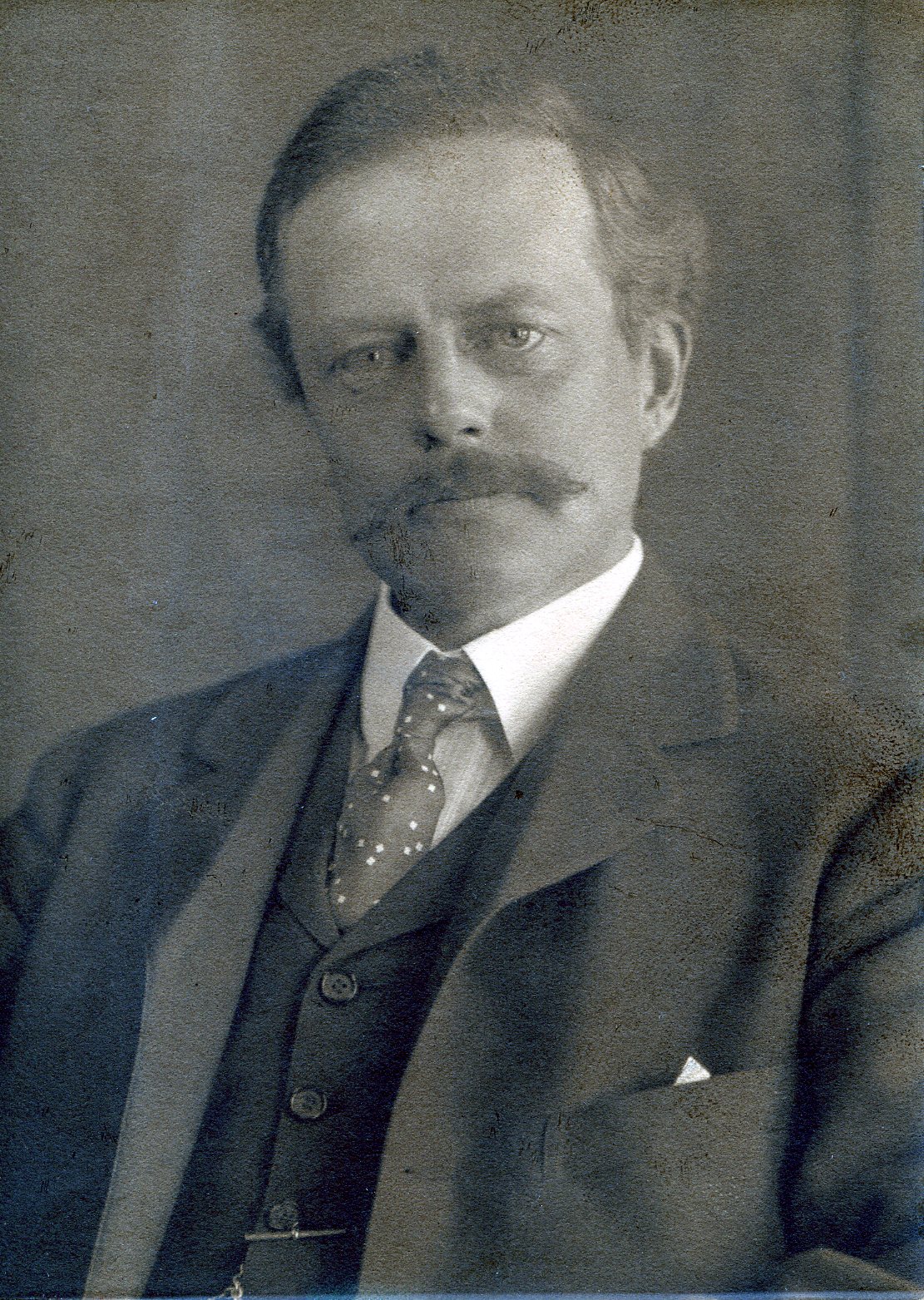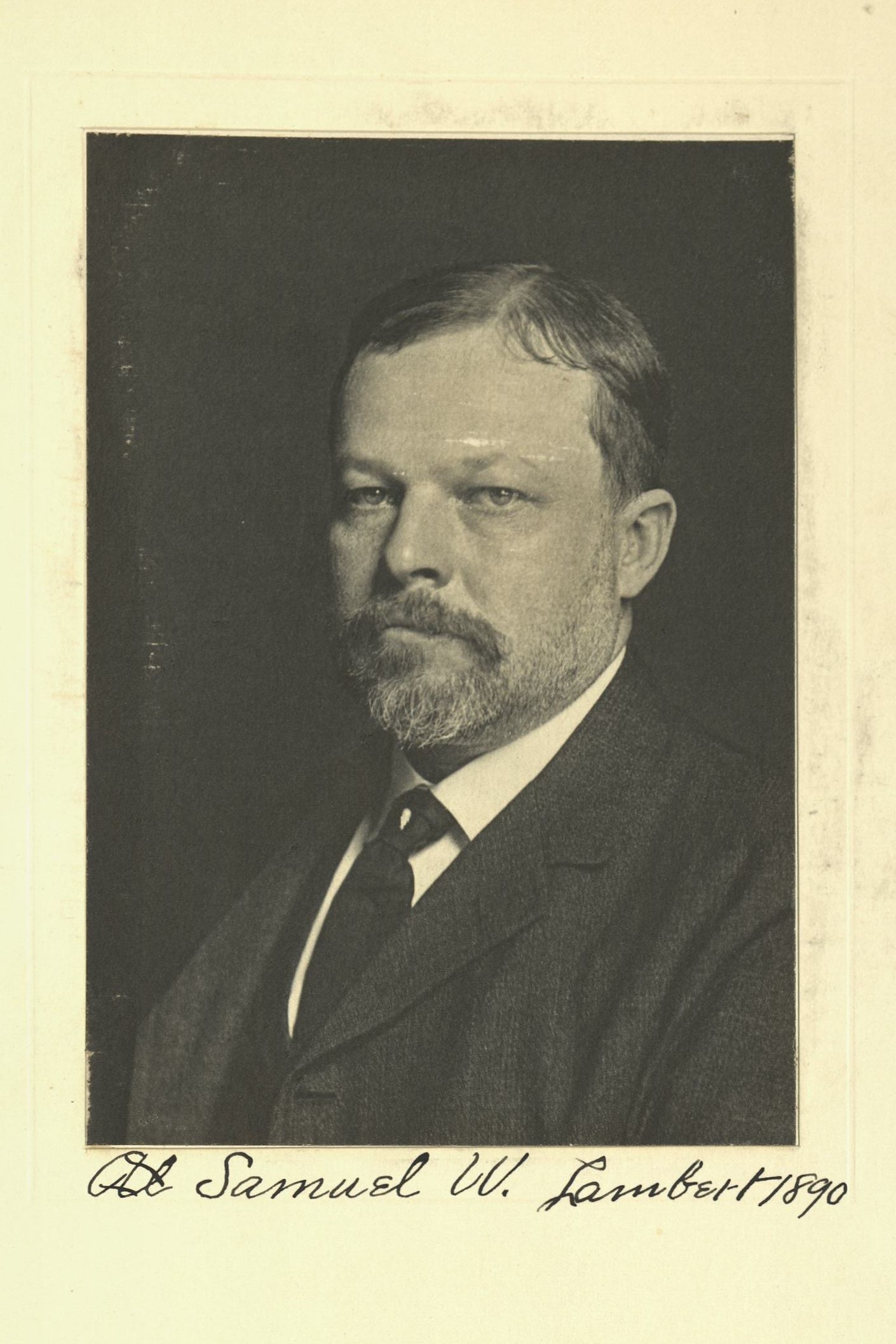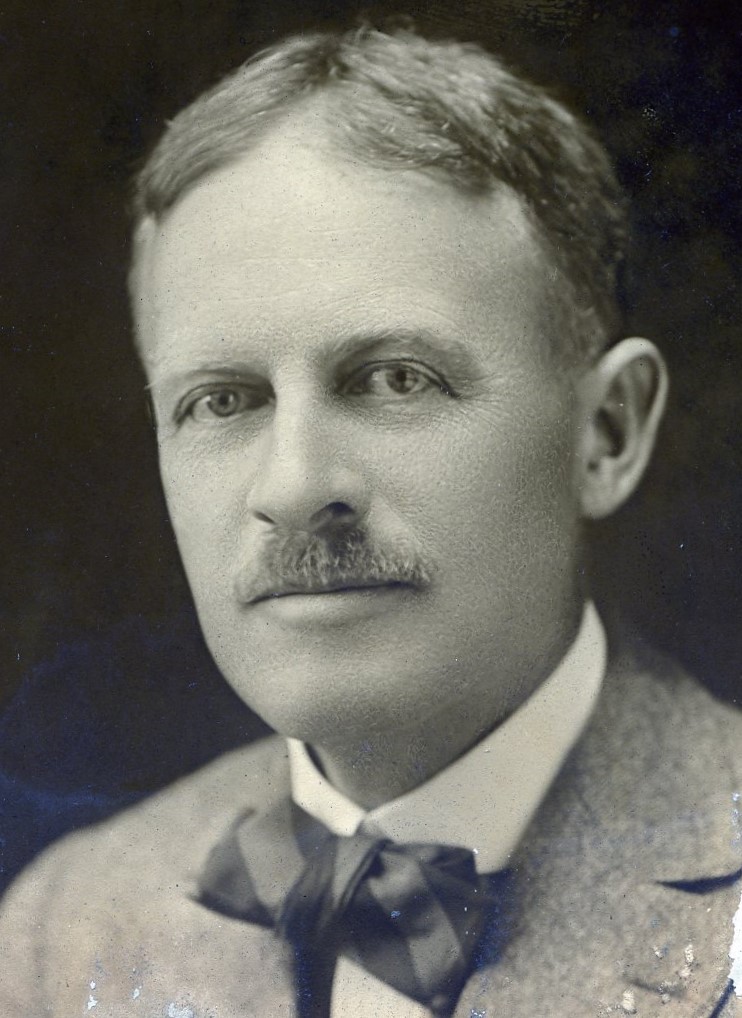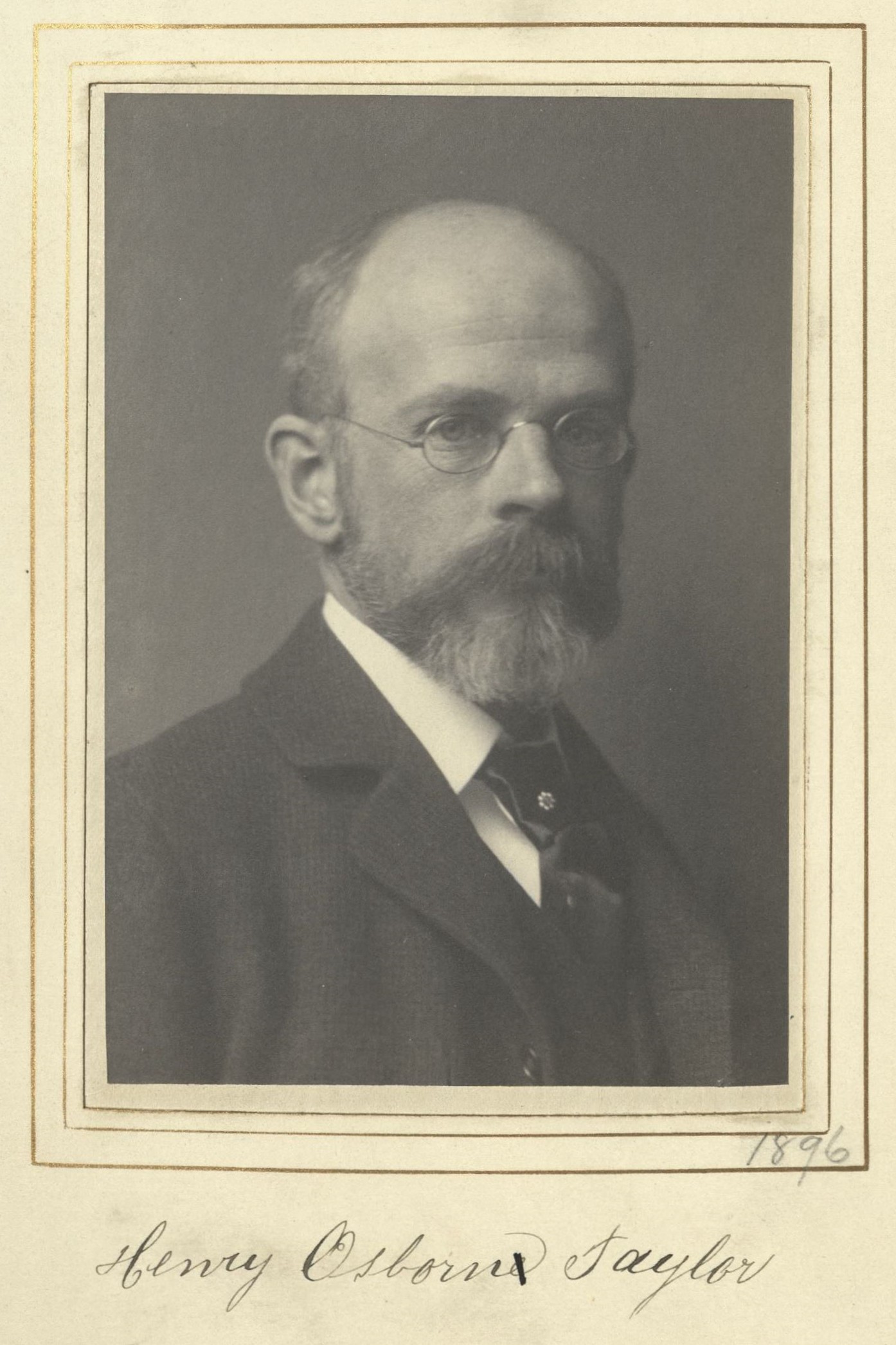Member Directory,
1847 - 1922
Pearce Bailey
Physician
Centurion, 1907–1922
Samuel W. Lambert and Henry O. Taylor
New York (Manhattan), New York
New York (Manhattan), New York
Age forty-one
Cross River, New York

Century Memorial
From year to year, the Century has had to record the answering of their last roll-call by veterans of the Great War. None of the citizen soldiers is on the list tonight; but there are three notable personalities, each of whom made high mark in that other and wonderful branch of the American military service of 1917 and 1918, the medical and surgical staff. The achievement of a medical specialist, particularly in that shadowy field of investigation where mental and physical phenomena cross one another’s path in the diagnosis, is apt, so far as the general public is concerned, to be buried in the archives of the profession. It was the fortune of Dr. Pearce Bailey that his work on the psychological side of army administration, during our own activities in the Great War, raised him instantly to the highest kind of international repute. Introduced on the scale which his administrative genius made possible, his application to the millions of recruits of the tests which, through eliminating the mentally unstable and unfit, should ensure the morale of the new citizen army, was as distinct an innovation in military science as was Napoleon’s mastery of the problem of keeping up the army’s health. The speedy adoption of his ideas and methods by the armies of our allies, his own promotion to the rank of colonel and his eventual discharge with the Distinguished Service Medal, gave public recognition to the importance of his work.
How absolutely absorbed Bailey was in his professional task may be judged from the fact that, although possessed of a large private fortune, he never relinquished his exacting private study and public labor. Medical associates have recalled as a remarkable instance in medical research that some of his most original work, involving both intellectual initiative and quick receptiveness of the ideas of others, was done after he had passed the fifty year line.
His interest in life and its problems, indeed, ranged far beyond the usual limitations of his profession. If Bailey had not chosen the career of medical investigator, it is possible that he would have made a name for himself in fiction or the drama. The remarkable short stories and one-act plays, which he read in the friendly medico-literary atmosphere of the Charraka Club [sic: Charaka], may have been suggested by his professional experience with puzzling psychiatric cases; but they are drawn with the artist’s touch. In contrast with Bailey’s personality, the theme is gloomy; but the tense situation, unfolded in natural and convincing dialogue, enchains the reader’s interest. One of Bailey’s plays was presented many years ago on the boards of a New York theatre. It is interesting to imagine what his place in the community’s reminiscence would have been if he had applied his unusual powers exclusively to that work.
Alexander Dana Noyes
1923 Century Association Yearbook





